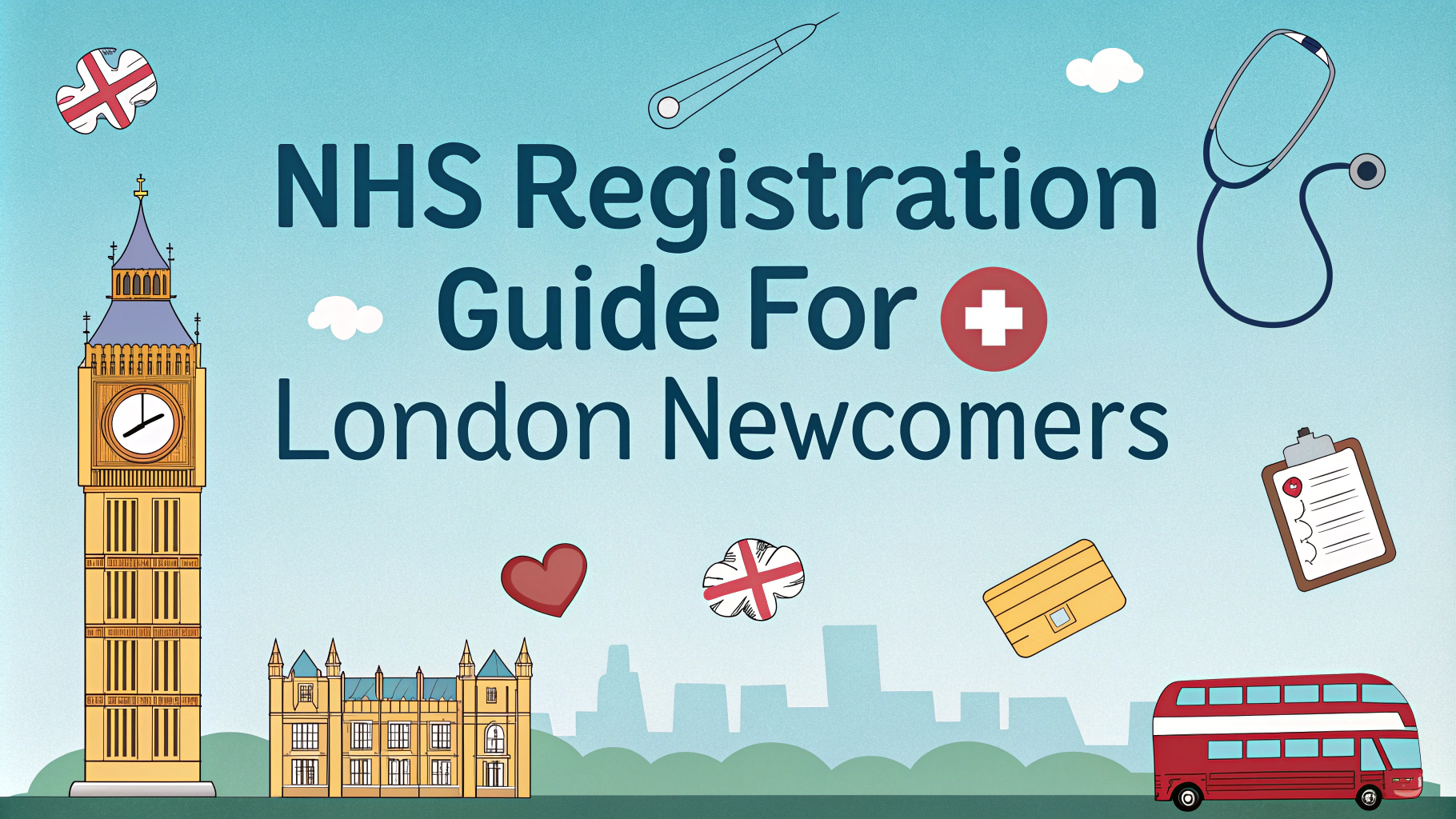Buying your first property in London can feel overwhelming with the city’s complex property market, diverse neighbourhoods, and high price tags.
This guide breaks down the essential steps and considerations for first-time buyers looking to purchase property in London, from budgeting to completion.
Whether you’re a young professional or growing family, understanding the process and preparation required will help make your first London property purchase smoother.
Financial Preparation
- Save at least 10-15% deposit (higher deposits secure better mortgage rates)
- Factor in additional costs:
- Stamp duty (2% on properties £125,001-£250,000, 5% on £250,001-£925,000)
- Solicitor fees (£850-£1,500)
- Surveys (£400-£1,500)
- Mortgage arrangement fees (£1,000-£2,000)
Getting a Mortgage
Most lenders will offer 4.5 times your annual income as a maximum mortgage amount.
Consider speaking with a mortgage broker who specializes in London properties (Find FCA-registered brokers).
Choosing Your Location
| Area Type | Average Price (1-bed) | Best For |
|---|---|---|
| Zone 1-2 | £450,000+ | City professionals, quick commute |
| Zone 3-4 | £300,000-£400,000 | Better value, family areas |
| Zone 5-6 | £250,000-£300,000 | More space, suburban lifestyle |
Property Types to Consider
- Purpose-built flats: Often leasehold, good for first-time buyers
- Period conversions: Character features, potentially higher maintenance
- New builds: Modern amenities, Help to Buy scheme available
Understanding Leasehold
Most London flats are leasehold – check these key points:
- Length of lease remaining (aim for 80+ years)
- Service charge costs
- Ground rent amounts
- Major works planned
Making an Offer
Research sold prices in your chosen area through the Land Registry website.
Consider these factors when deciding your offer:
- Property condition
- Length of chain
- Market conditions
- Time on market
The Buying Process
- Instruct a solicitor (get recommendations from The Law Society)
- Arrange surveys
- Exchange contracts (typically 6-12 weeks after offer acceptance)
- Completion
Help Available
- Help to Buy ISA: Government bonus on savings (existing accounts only)
- Lifetime ISA: 25% bonus on savings up to £4,000 per year
- Shared Ownership: Buy part of a property and pay rent on the rest
Next Steps for Success
Start your property search on major portals like Rightmove and Zoopla while building your deposit and getting your mortgage arrangements in place.
Consider registering with local estate agents in your preferred areas to get early access to new listings.
Join local community groups and forums to learn more about different areas and get insider knowledge about the neighbourhoods you’re interested in.
Viewing Properties Effectively
- Create a checklist covering:
- Natural light levels
- Storage space
- Noise levels
- Mobile signal
- Signs of damp or structural issues
- Visit at different times of day
- Check transport links during rush hour
- Take photos and measurements
Common Pitfalls to Avoid
- Stretching budget too far
- Overlooking lease length implications
- Rushing decisions due to market pressure
- Ignoring local development plans
- Skipping thorough surveys
Moving Day Preparation
- Book removals 4-6 weeks in advance
- Arrange utilities transfer
- Update address details
- Register for council tax
- Get property insurance in place
Building Your Future in London
Getting onto London’s property ladder requires careful planning, thorough research, and patience. Focus on finding a sustainable location and property type that meets both your current needs and future aspirations. Remember that your first property is a stepping stone – prioritize getting into the market over finding the perfect forever home.
Stay informed about market trends and maintain realistic expectations throughout your search. With proper preparation and the right professional support, you can navigate London’s property market successfully and achieve your homeownership goals.
FAQs
- What are the most affordable areas for first-time buyers in London?
Barking and Dagenham, Bexley, Havering, Croydon, and Sutton consistently rank among London’s most affordable boroughs for property purchases. - How much deposit do I typically need to buy a property in London?
Most lenders require a minimum 10% deposit, though first-time buyers typically need 15-25% of the property’s value. For London’s average property price, this means saving £50,000-£125,000. - What government schemes are available for first-time buyers in London?
Key schemes include Help to Buy Equity Loan, Shared Ownership, First Homes Scheme, and Lifetime ISA for saving towards a deposit. - How long does the buying process typically take in London?
The average property purchase in London takes 3-6 months from offer acceptance to completion, though this can vary significantly depending on chain length and complexity. - What additional costs should I budget for when buying in London?
Budget for stamp duty (if applicable), solicitor fees (£1,000-£3,000), surveyor costs (£400-£1,500), mortgage arrangement fees, and moving costs. - Which London areas offer the best transport connections?
Areas like Stratford, Clapham, Wimbledon, Richmond, and Canary Wharf offer excellent transport links with multiple tube lines, rail connections, and bus routes. - Do I need to use a London-based solicitor for the purchase?
No, but using a London-based solicitor can be advantageous as they’re familiar with local property laws and common issues specific to London properties. - What’s the difference between freehold and leasehold in London?
Freehold means you own both property and land outright. Leasehold, more common in London, means you own the property for a fixed period and may need to pay ground rent and service charges. - How do I check the potential for area development and price growth?
Research local authority planning portals, check infrastructure projects like Crossrail, and review the London Plan for regeneration areas. - What should I check about the property’s proximity to flood risk areas?
Use the Environment Agency’s flood risk mapping tool and check historical flooding data, particularly important for properties near the Thames or its tributaries.








